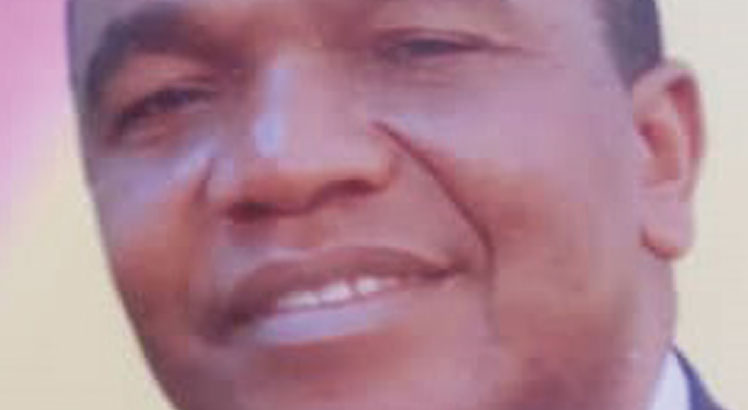Malawi and other sub-Saharan Africa countries require a nine percent economic growth rate each year to reduce extreme poverty levels to below three percent by 2030.
According to the World Bank’s Poverty and Shared Prosperity Report released yesterday, Malawi can achieve this feat, if raises revenue, reduces spending and escapes debt distress.
The report reads in part: “Findings from simulations show that all countries would need to grow nine percent a year beginning in 2023 to achieve the 3 percent goal by 2030.
“For Sub-Saharan Africa, which had an average per capita gross domestic product [GDP] growth rate of 1.2 percent in the decade preceding the pandemic, this would mean achieving growth rates about eight times higher than historical rates between 2010 and 2019.”
The report observes that overlapping crises of Covid-19 and tropical cyclones experienced over the past two years has created an elevated risk profile for the countries.
In separate interviews yesterday, an economist and development expert said the targets for economic turnaround to halve poverty are a huge call for Malawi since its economy is in a mess.
Catholic University of Malawi head of economics Hopkins Kawaye said corruption, inefficient policies, heavy borrowing for consumption and inefficiencies on production will continue to perpetuate poverty in the country.
He said: “For industries to produce, so that the country can grow by nine percent each year you need such things as foreign exchange to buy raw materials, but we do not have it.
“We need electricity, but we have persistent blackouts. We need a working transport system, but we have no diesel as I
speak. So, how do local industries grow to generate wealth?”
Development expert and Malawi Economic Justice Network programme manager Chandiwira Chisi yesterday said Malawi’s poverty fight is marred by poor governance.
He said: “We have problems with the functionality of State institutions that are supposed to deliver our dreams.
“There is also a lack of industrialisation because previously, Malawi was able to produce. That time, there was no heavy need for imports. But we have killed the capacity to produce and are heavily dependent on imports, that’s why the fight against poverty cannot be won.”
Minister of Finance and Economic Affairs Sosten Gwengwe said he could not respond to the questions as he was tied up.
But in a recent interview with The Nation, he said Malawi has put in place deliberate efforts to go beyond conventional means of financing to include more private sector involvement, non concessional loans and other financing instruments in the development space to allow for constructive SDGs-related investment in various sectors of the economy to reduce poverty.
The World Bank report comes follows another report in July on the implementation of Sustainable Development Goals that also revealed that Malawi is struggling to meet targets to eliminate poverty and reduce inequality in wealth distribution.
Out of the 17 targets, the report said Malawi has made little or no progress to eradicate extreme poverty by 2030.
Poverty is currently measured as people living on less than $1.90 or about K2 500 a day
The post 2030 target to cut poverty under threat appeared first on The Nation Online.
 Moni Malawi
Moni Malawi 

